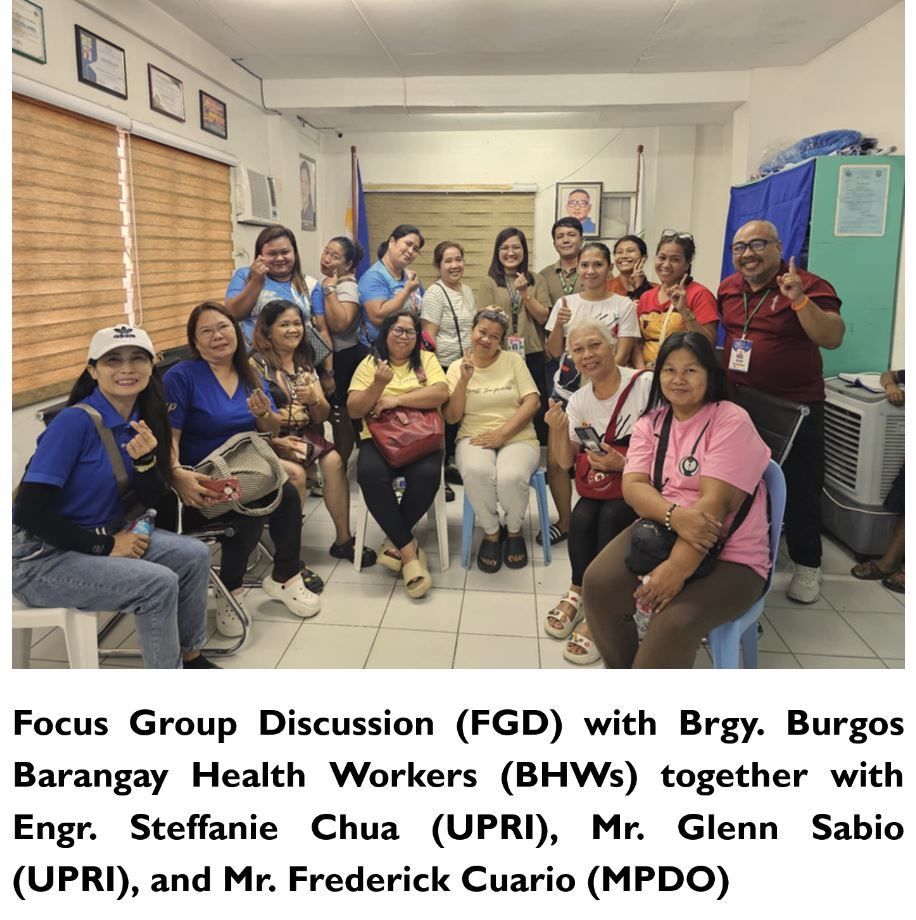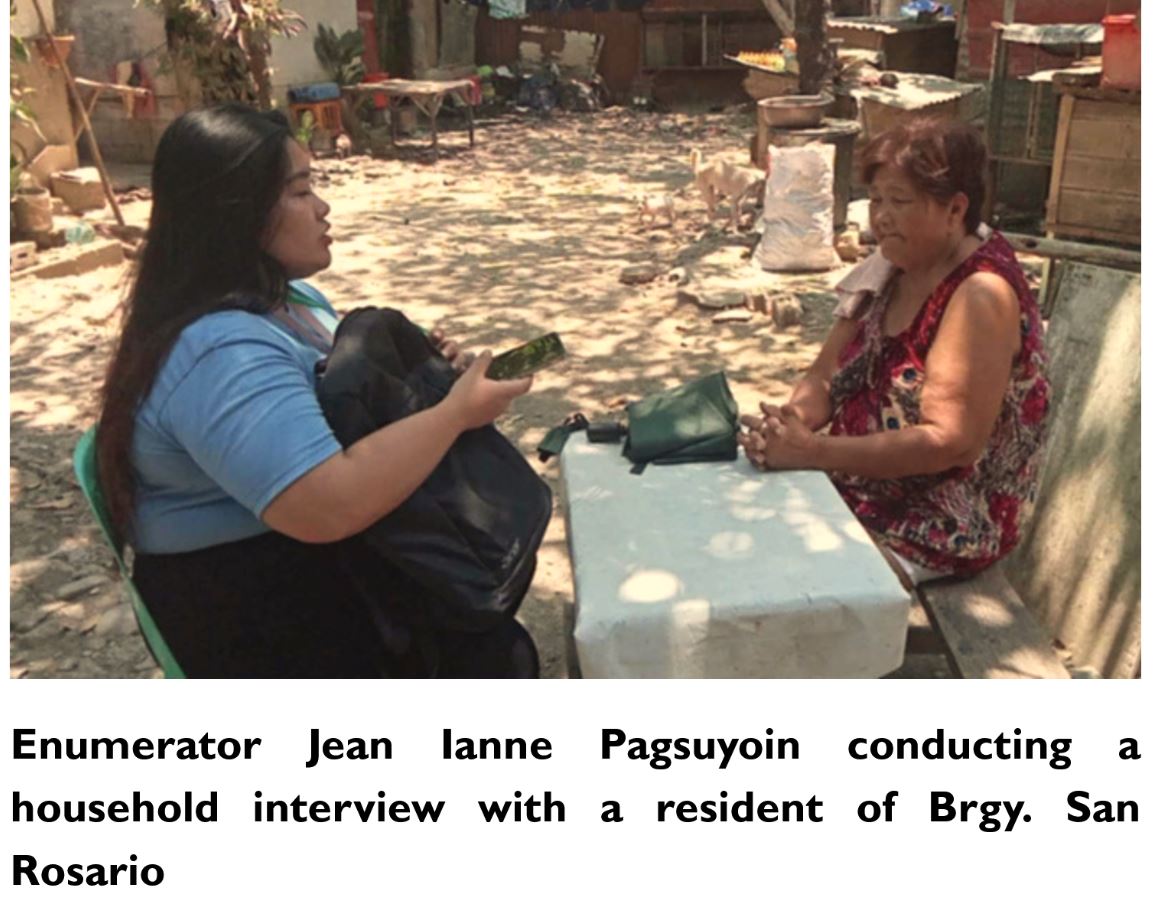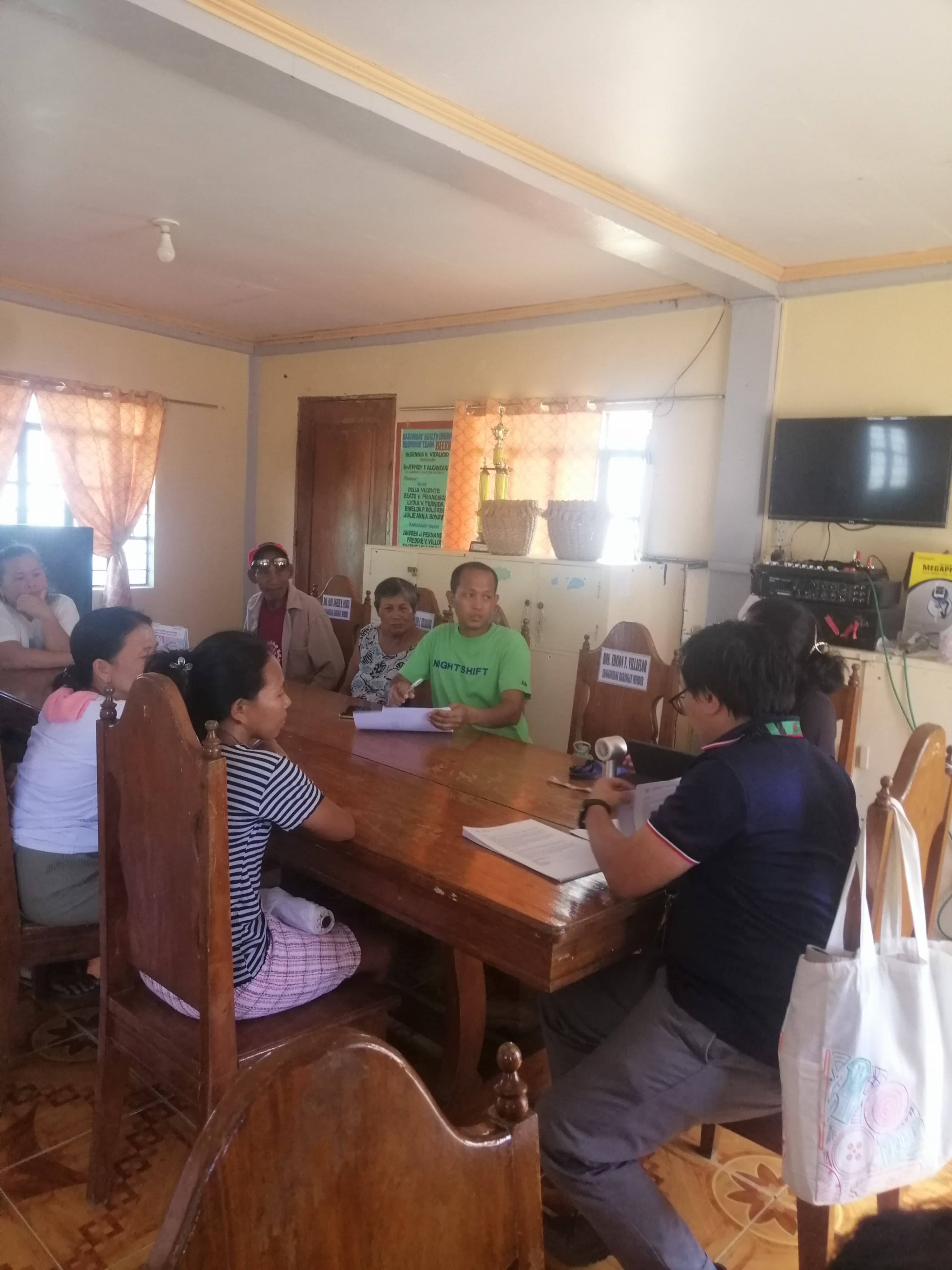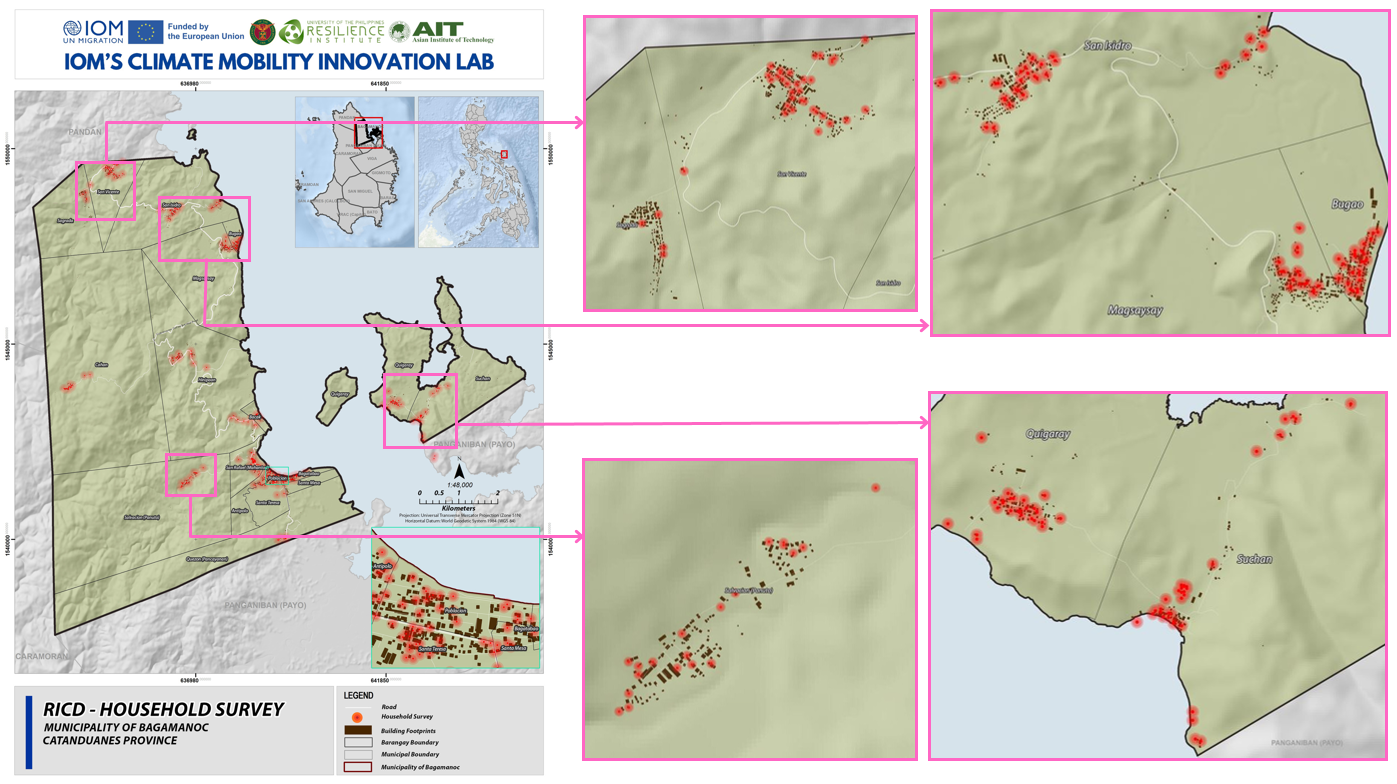The University of the Philippines (UP) Resilience Institute (UP RI) – Nationwide Operational Assessment of Hazards (UP NOAH) Center conducted week-long, simultaneous field visits in the Municipalities of Bagamanoc, Catanduanes and Rodriguez (Montalban), Rizal from April 21 to 25, 2025. The field visits were held to gather important ground data that will be used in the development of the Risk Index for Climate Displacement (RICD).


The RICD is an ongoing project of UP RI with the United Nations (UN) Migration Agency – International Organisation for Migration (IOM) and the Asian Institute of Technology (AIT) that aims to provide better understanding on climate-induced displacement. Initial studies have identified the two municipalities as being at high risk for climate-induced displacement. Key Informant Interviews (KIIs), Focus Group Discussions (FGDs), and Household Surveys were conducted to collect data at the municipal, barangay, and household levels.



Engr. Steffanie Chua led the team in Rodriguez with the help of Mr. Glenn Sabio. Similarly, Engr. Leony Timbal handled the team in Bagamanoc and was assisted by Mr. Dino Evangelista. All of them are researchers from the Flood Modelling Component (FMC) of the UP NOAH Center. IOM representatives Engr. Andrea Estillero, Mr. Harvey Gonzales, Mr. Rodel Cabaddu, and Mr. Kevin Humiwat assisted UP RI in deploying enumerators in every barangay of the two focus areas to conduct Household Surveys. The team in Rodriguez, Rizal was also guided by Mr. Frederick Cuario of the Municipal Planning and Development Office (MPDO).



The KIIs and FGDs were employed to collect in-depth insights and experiences related to climate-related mobility, livelihood and housing situations, and perceived risks of future movement. The data that will be collected will be synthesized to uncover displacement dynamics that may be linked to environmental factors. This is crucial to understanding how people’s movements are influenced by environmental or climate-related changes, which include both sudden-onset events, such as floods or storms, and slow-onset events such as drought or land degradation.



The UP RI representatives conducted their KIIs with representatives from different relevant offices such as the Municipal Planning and Development Office (MPDO), Municipal Social Welfare and Development Office (MSWDO), Municipal Disaster Risk Reduction and Management Office (MDRRMO), Municipal Agriculture Office (MAO), Barangay Disaster Risk Reduction and Management Office (BDRRMO), and the Barangay Captains of hazard-prone barangays. To capture diverse lived experiences during disasters, the FGDs were conducted with participants from communities that have gone through displacement, as well as communities that host evacuees.


UP RI will continue to do collaborations and studies not only to improve the data and understanding of future climate risks but also to lay a solid foundation in minimizing and addressing issues connected to climate change by improving preparedness and displaying resilience especially during extreme weather events.
